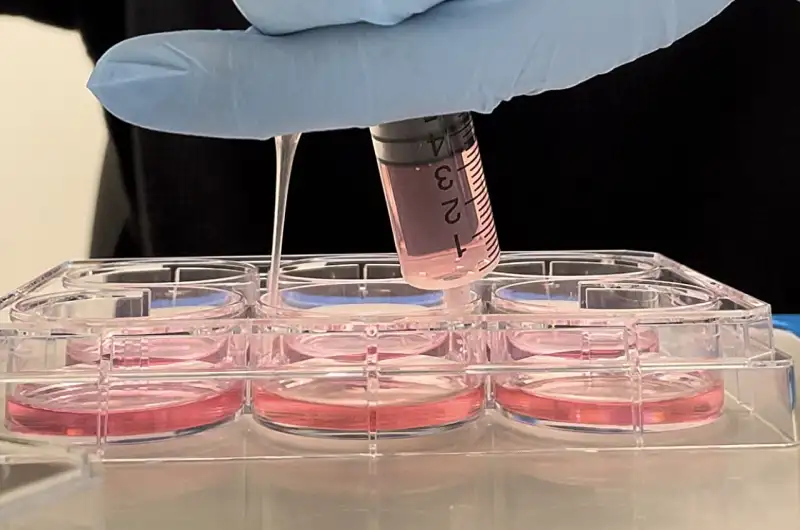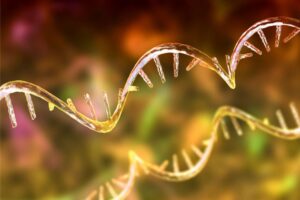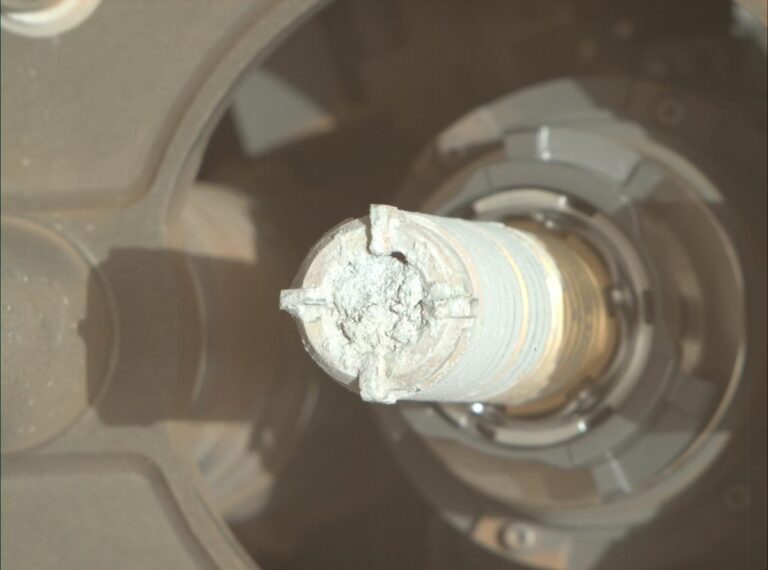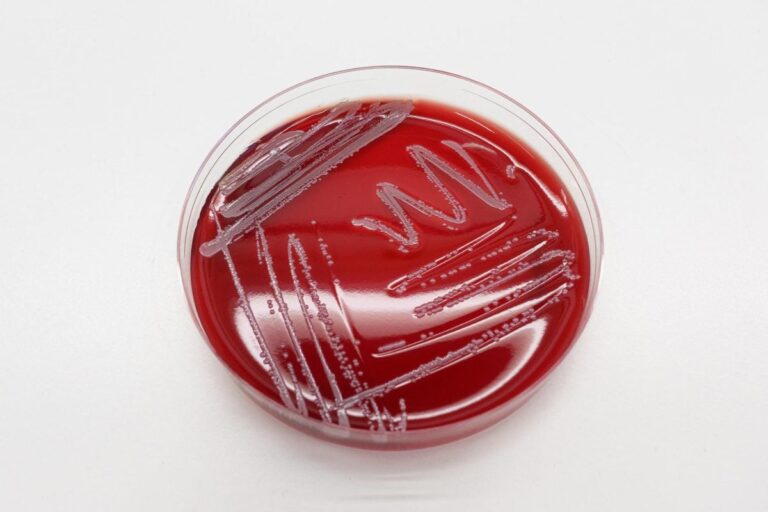“Introduction New research from New York University (NYU) is reshaping our understanding of memory by revealing that it’s not only the brain that stores memories. Surprisingly, cells from other parts of the body can also perform memory functions, opening exciting possibilities for enhancing learning and treating memory-related conditions.
Cells Beyond the Brain Can Retain MemoriesWhile it’s commonly known that memories reside in brain cells, the research team led by NYU’s Nikolay V. Kukushkin discovered that non-neural cells, such as those from nerve and kidney tissue, can also store memories. This study, published in Nature Communications, reveals that memory may be a fundamental property of all cells, not just neurons.
Applying the “Massed-Spaced Effect” in Non-Brain CellsThe researchers sought to determine whether non-brain cells could “learn” in a manner similar to neurons. Using the well-known “massed-spaced effect,” which shows that information is better retained when studied over spaced intervals, the team exposed non-brain cells to repeated chemical pulses.
This mimicked how brain cells respond to neurotransmitters during learning.Non-Brain Cells Show Memory ResponsesIn the lab, cells turned on a specific “memory gene” when they detected a pattern in the signals. By engineering the cells to produce a glowing protein, researchers could observe when this memory gene was active, providing a clear view of how cells stored information over time.
The study showed that when exposed to spaced chemical pulses, these cells activated the memory gene more effectively, demonstrating their ability to “remember” patterns.Implications for Health and Learning”This breakthrough suggests that the ability to retain information from spaced intervals might be universal across cell types,” says Kukushkin.
The findings could have far-reaching applications, from new strategies for enhancing memory to innovative treatments for memory-related disorders.Additionally, this discovery highlights the potential of non-brain cells to hold memory-like information. For instance, the pancreas may “remember” past meal patterns, which could influence blood sugar regulation. Understanding these mechanisms could lead to personalized treatments for various conditions, including diabetes and cancer.Future Potential in Memory ResearchJointly supervised by Kukushkin and Thomas Carew of NYU’s Center for Neural Science, this research was also supported by NYU researchers Tasnim Tabassum and Robert Carney.
This work not only broadens our knowledge of memory mechanisms but also challenges the brain-centric view of memory. It suggests a future where we treat the body more holistically, recognizing that many cells may play a role in learning, memory, and health.This exciting discovery opens a new chapter in our understanding of human memory and has significant implications for science, medicine, and education.

















+ There are no comments
Add yours